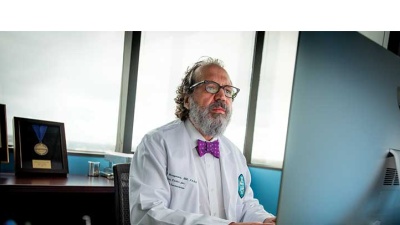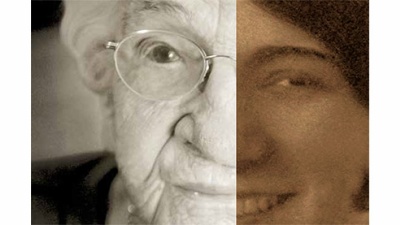Topic: neuroscience

The Freeze-or-Flight Fear Response
Tulane researchers discover a brain pathway that regulates fear responses, which could lead to breakthroughs in PTSD or anxiety treatments.

Brain Health
Today’s kids are very likely to live past 100 years old. Advances in health care and healthier lifestyles mean the life expectancy of Americans is on the rise. Even so, dementia is also on the rise in this country and worldwide.

Investigations of the Brain
The Tulane Brain Institute under the leadership of psychology professor Jill Daniel is answering some of the biggest questions in brain science, from aging and estrogen therapy to fear and trauma. The institute involves researchers and students from all parts of the university.

Neuroscience Center
Tulane School of Medicine opened the Clinical Neuroscience Research Center, a new center aimed at improving care for patients with neurological diseases. Dr. Gregory Bix is the center’s director, and Dr. Xiaoying Wang is the center’s program director of brain injury and research. Bix’s goal is to build on the university’s existing stroke research and expand efforts in traumatic brain injury, aging and dementia.https://tulane.it/neuroscience-research-center

New Hope for a New Generation
Are the clues to reducing community problems like poverty, bullying and crime held at the tip of a chromosome?

Monique Cola: Scientist & Principal
Monique Cola (G ’04) trained as a neuroscientist, then pivoted to an academic career — for the love of research. Now, as principal of Sci High, she encourages high schoolers to be STEM-literate and to consider STEM careers.

Adding Life to Years
Tulane researchers are uncovering the science behind aging and learning how to add life to additional years.

Challenge Accepted
With a focus on enhancing the undergraduate experience, Tulane encourages students to challenge themselves.








































